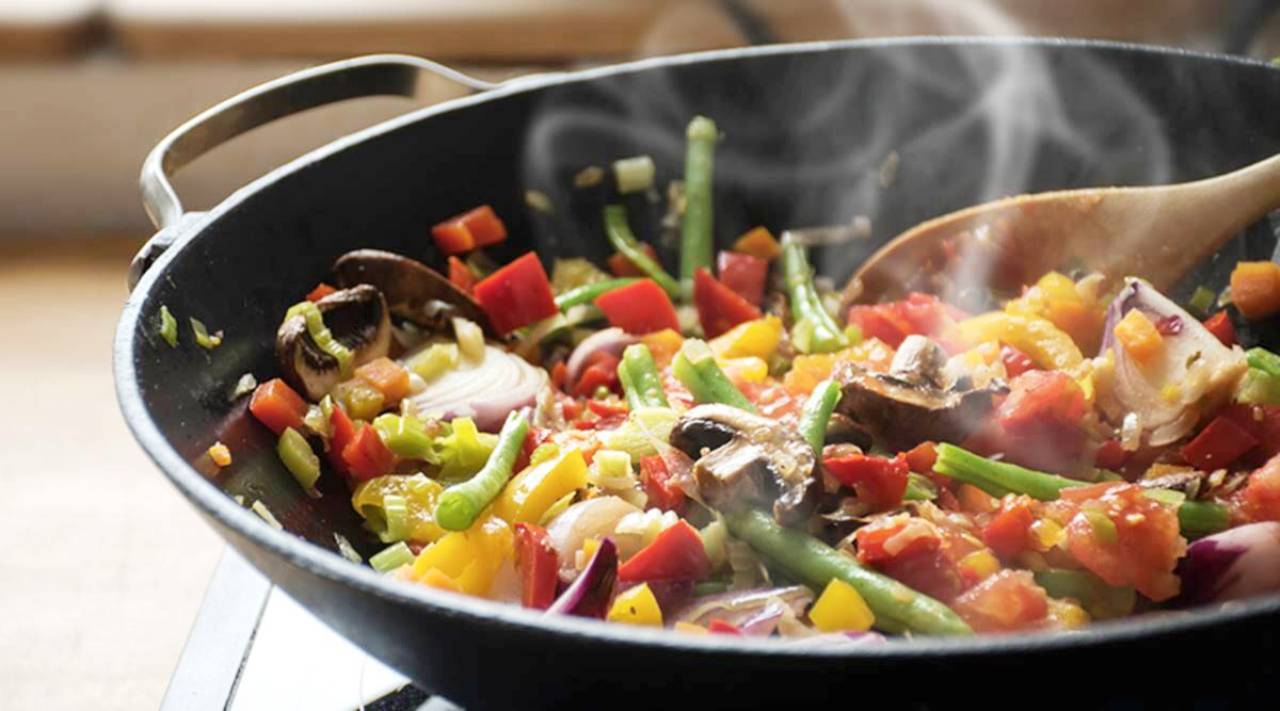5 metals that can be risky when it comes to food
-5 types of vessels that are commonly used can prove hazardous.
-Read on carefully to know about the do's and dont's of the vessels used for cooking and eating.
Cooking is one work that requires a lot of attention and skill. Cooking is definitely an art. Food cooked with love is the best food and they say that if you cook when you are in a bad mood, you spoil the taste as well. But we need to be extremely careful about the vessels we use for cooking and the vessels we eat our food in.
Let us see what metals affect us negatively when it comes to cooking and eating. Metal vessels are commonly used in every kitchen in the modern era. Years back earthen vessels were used and they are considered to be the best but now we cannot use them in our modern kitchens, not all of them.
There are 5 metals that are very commonly used but we must know how they affect our health. These metals play with our health leading to disaster in the longer run. Some of these metals can result in poisonous effect immediately which is not to be ignored.
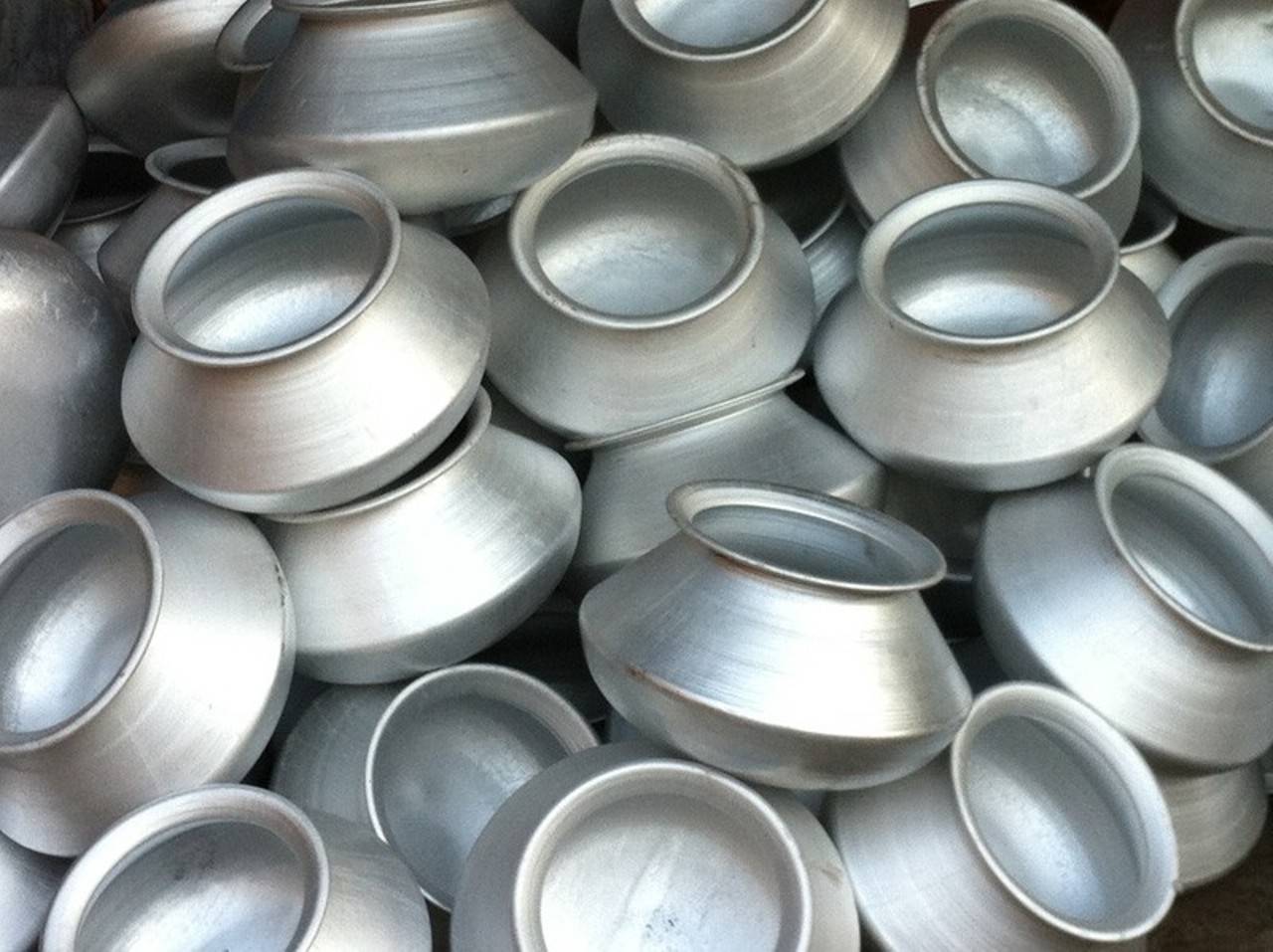
Aluminium is one such metal which is most commonly used in Indian kitchens. Metals like steel, brass and copper are also used. Non-stick vessels are used for those special Chinese and Italian dishes and also for certain Indian dishes that need a crispy but unburned look.
Aluminium- This metal looks very appealing and people find it much easier to clean as well. But aluminium heats up quickly and reacts with acidic foods which actually goes unnoticed as the effect does not show on the food. Aluminium absorbed in the food goes into the blood and accumulates in different organs causing hyper-acidity, ulcers, skin problems, inflammation of the intestines, dandruff. These effects are realised in the longer run but by then they become a part of our health resulting in series of treatments.
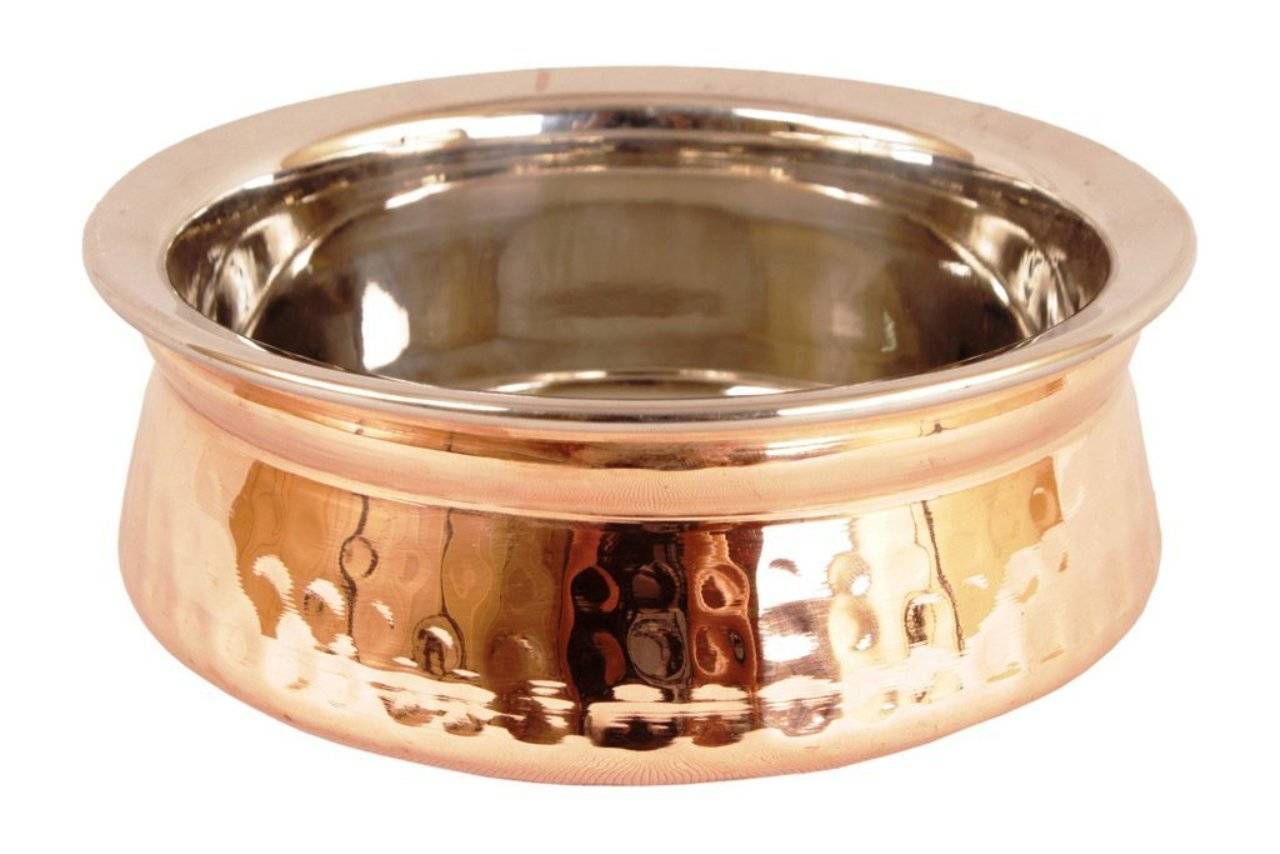
Copper-Copper has the quality of retaining heat of the food for a longer time. But all kinds of foods cannot be cooked in copperware. Foods with acidic content react with copper. Iodine present in salt also reacts quickly with copper. Hence cooking in copper needs to be with care and alertness but in the fast lives that we lead, we tend to rush with cooking and do not pay attention to the negative effects.
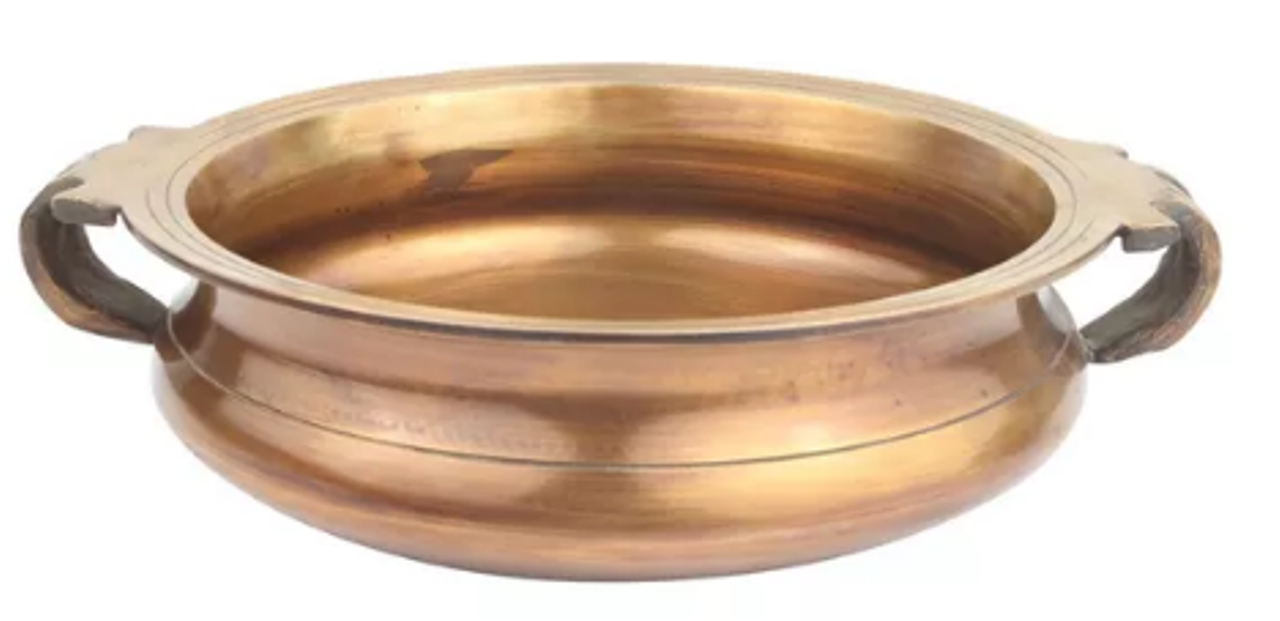
Brass- Brass is one metal that has been used since ages, but brass is a heavy metal and difficult to handle with huge quantities of food. It also reacts with salt and acidic foods when heated. Eating in brassware is not considered so harmful as the food reaction begins when the material is used on flame.
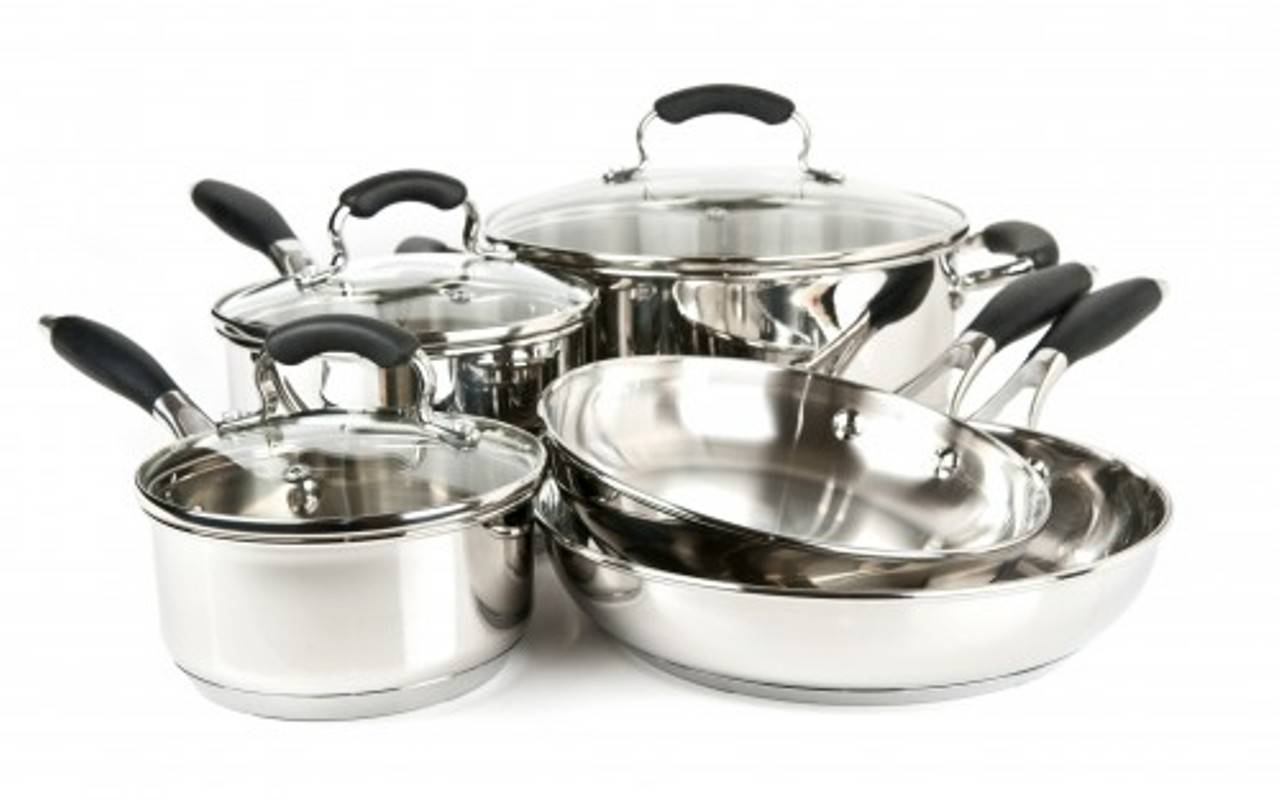
Steel- Steel is considered to be a good metal for cooking purposes, however a good quality steel must be used for cooking. Steel is normally mixed with other metals which can be harmful for the body; hence a good check on the metal is required.

Non-Stick cookware has become an essential part of the kitchen. Many things need to be cooked in the non-stick vessels. A good check on the quality is required. People tend to go for non-stick vessels but wish to fit it in the budget as the non-stick cookware is usually expensive. Searching for cheaper items we fall into a bad quality lane and play with our own health. It is imperative that we check the quality and do not settle for less while buying any kind of cooking vessels.
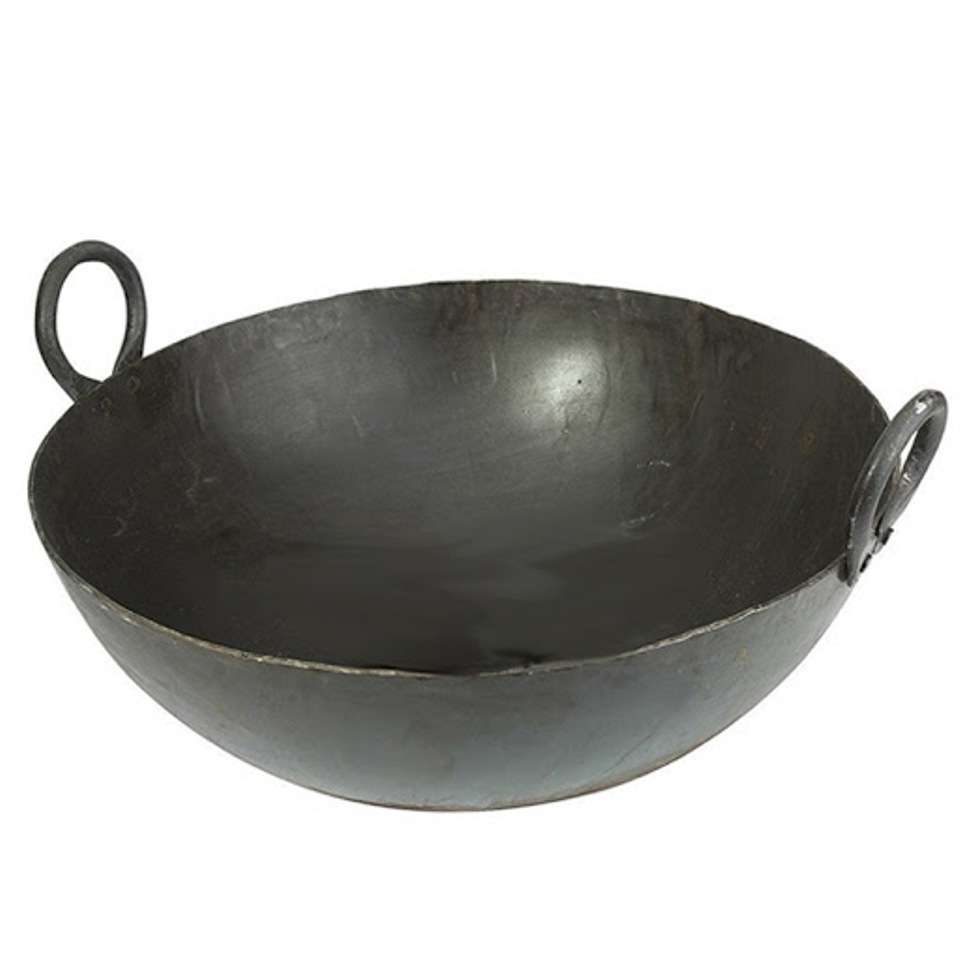
The best cookware metal as suggested since ages is iron. By cooking in iron vessels, we get the benefit of consuming iron which is good for the body. The same point that needs to be taken care of is the quality of iron. Check well before buying iron vessels, use a heavy material and be good while washing it. Acidic contents must not be overheated in iron vessels. Overall, it is the best metal for cooking.
To join us on Facebook Click Here and Subscribe to UdaipurTimes Broadcast channels on GoogleNews | Telegram | Signal



